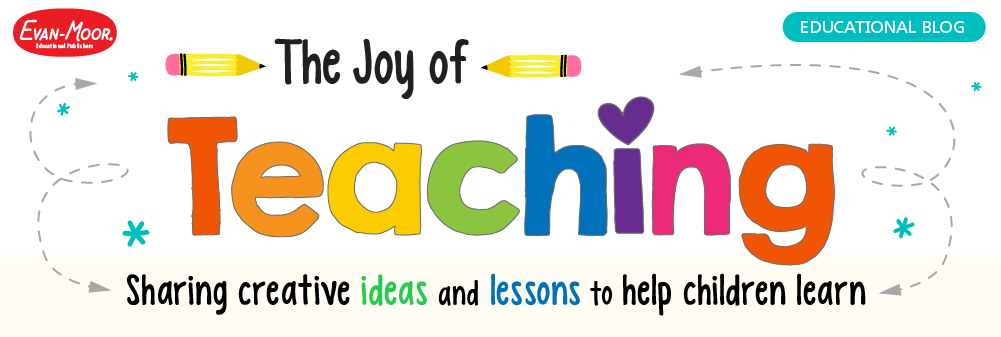
In today’s digital age, where screens seem to dominate every aspect of our lives, it’s more important than ever to carve out space for screen-free activities, especially for your children. While technology undoubtedly offers incredible learning opportunities, there’s a special magic in the simplicity of unplugged, hands-on activities. Enter brain games—a captivating and enriching way to engage young minds while promoting screen-free learning at home.
Check out the free printables from Brain Games and Activities below.
Five Benefits of Brain Games and Activities
Brain games, challenges, and brain teasers offer a myriad of benefits for children of all ages.
- Cognitive Development: Brain games stimulate various cognitive functions such as memory, attention, problem solving, and logical reasoning. By engaging in these activities, your kids can exercise their mental muscles, leading to enhanced cognitive development.
- Critical Thinking: Brain games encourage children to think critically, analyze information, and make decisions. Through activities that involve logic, reasoning, and creative thinking, your child can develop essential problem-solving skills that are invaluable in both academic and real-life situations.
- Language Development: Many brain games involve language-based activities such as word searches, puzzles, and riddles, which can help improve vocabulary, spelling, and language comprehension skills.
- Social Interaction: Some brain games can be done collaboratively, fostering teamwork, communication, and social interaction among children. These activities provide opportunities for kids to learn from one another and develop important social skills.
- Screen-Free Fun: In a world saturated with screens, providing kids with opportunities for screen-free fun is crucial for promoting balance and healthy development. Brain games offer a refreshing alternative to digital entertainment, allowing your children to engage in enriching activities without the distractions of screens.
Ways to Include Brain Games in Your Child’s Routine
Incorporating brain games and activities into your child’s routine is easy and fun. Here are some tips for home:
- Set Aside Dedicated Time: Designate a specific time each day or week for brain games and activities. Whether it’s after school, before bedtime, or on weekends, having a consistent routine will help ensure that brain games become a regular part of your child’s schedule. Researchers recommend just 15 minutes of time devoted to simple and challenging brain exercises.
- Make It a Family Affair: Get the whole family involved in brain games and activities. Whether it’s working on puzzles together or competing in a friendly word search challenge, involving the whole family can make screen-free learning even more enjoyable.
- Encourage Creativity: Brain games and activities provide opportunities for children to express their creativity and imagination. Encourage your child to think outside the box and come up with innovative solutions to challenges.
- Celebrate Achievements: Celebrate your child’s accomplishments and progress in brain games activities. Whether it’s completing a challenging puzzle or finding all the hidden words in a word search, acknowledging your child’s efforts will help boost their confidence and motivation.
- Have a book like Brain Games and Activities: Keeping a colorful activity book on hand for car trips and school breaks is a great way to keep kids screen free and provide instant boredom busters.
 Evan-Moor’s Brain Games and Activities book is a treasure trove of screen-free fun for children ages 4–11. Packed with entertaining and educational activities, including puzzles, word searches, mazes, and more, this activity book provides hours of engaging entertainment while promoting cognitive development and critical thinking skills. Try these free activities below.
Evan-Moor’s Brain Games and Activities book is a treasure trove of screen-free fun for children ages 4–11. Packed with entertaining and educational activities, including puzzles, word searches, mazes, and more, this activity book provides hours of engaging entertainment while promoting cognitive development and critical thinking skills. Try these free activities below.
Free Brain Games and Activities Worksheets
 Brain Games and Activities Ages 4-5
Brain Games and Activities Ages 4-5
Get the free “Fun with Numbers” printable here.
 Brain Games and Activities Ages 6-7
Brain Games and Activities Ages 6-7
Get the free “Castle Project” printable here.
 Brain Games and Activities Ages 8-9
Brain Games and Activities Ages 8-9
Get the free “Crack the Code” printable here.
 Brain Games and Activities Ages 10-11
Brain Games and Activities Ages 10-11
Get the free “Find the Word” printable here.
By incorporating Brain Games and Activities into your child’s routine and promoting screen-free learning at home, you’re not only providing them with valuable educational opportunities, but also fostering a love for learning that will last a lifetime.
 Heather Foudy is a certified elementary teacher with over 7 years’ experience as an educator and volunteer in the classroom. She enjoys creating lessons that are meaningful and creative for students. She is currently working for Evan-Moor’s marketing and communications team and enjoys building learning opportunities that are both meaningful and creative for students and teachers alike.
Heather Foudy is a certified elementary teacher with over 7 years’ experience as an educator and volunteer in the classroom. She enjoys creating lessons that are meaningful and creative for students. She is currently working for Evan-Moor’s marketing and communications team and enjoys building learning opportunities that are both meaningful and creative for students and teachers alike.

